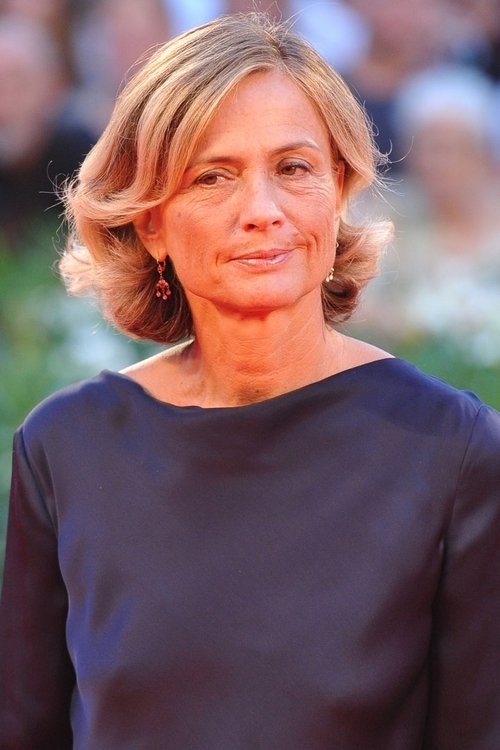Cristina Comencini
Also Known As: not available
Biography: Biography not available
Department: Directing
Place of Birth: Roma
Adult: No
Birthday: May 08, 1956
Age: 69 years old
Gender: Female
Popularity:
Known For:
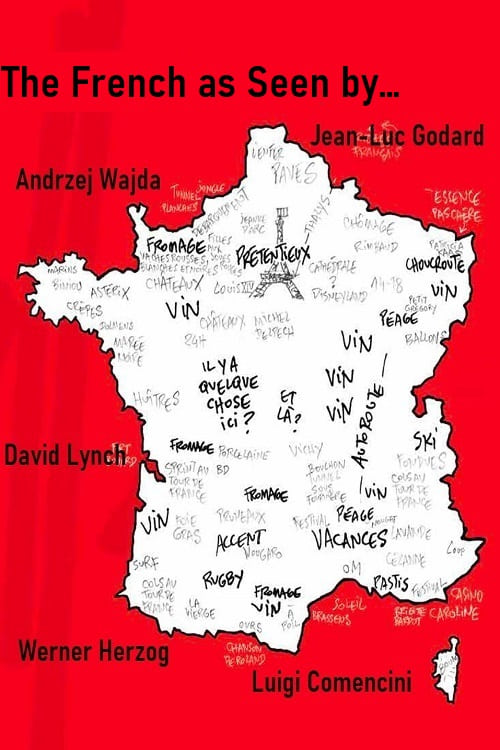
The French as Seen by…

Overview: In 1988, Figaro magazine asked a few famous directors to direct a series of short movies to celebrate the 10 years of the revue. The movies have been released for the French revolution bicentenary. Includes: Werner Herzog's Les Gaulois, David Lynch's The Cowboy and the Frenchman, Andrzej Wajda's Proust contre la déchéance, Luigi Comencini's Pèlerinage à Agen, Jean-Luc Godard's Le dernier mot.
Genres: War Documentary Drama
Original Language: fr
Release Date: 1988-10-26
Popularity:
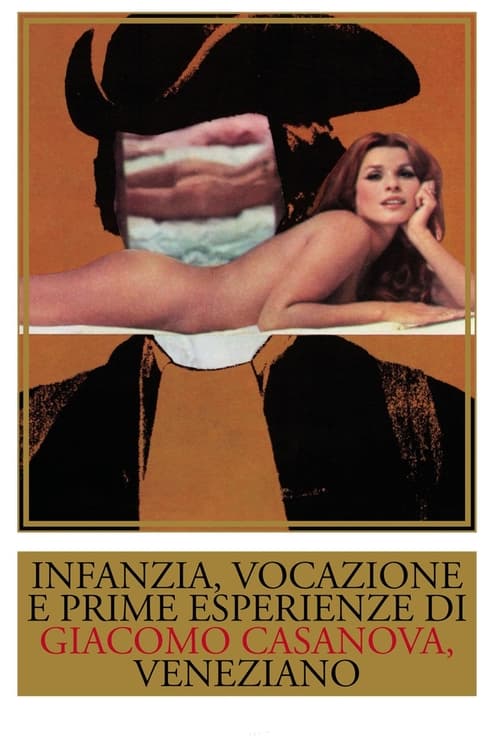
Giacomo Casanova: Childhood and Adolescence

Overview: Through the childhood and adolescence of Signor Giacomo Casanova (from his memoirs), this is a description of how people lived in 18th-century Venice: their customs, habits, medicine, religion, and--most of all--the omnipresence of hypocrisy.
Genres: Romance Drama History Comedy
Original Language: it
Release Date: 1969-10-30
Popularity:
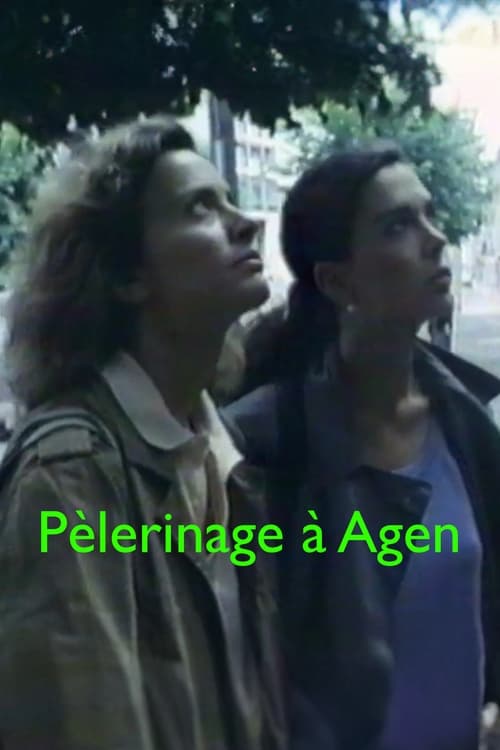
Pilgrimage to Agen

Overview: Christina and Francesca Comencini go on a pilgrimage to Agen, France to find the places where there Dad Luigi Comencini spent his childhood.
Genres: Comedy Drama
Original Language: it
Release Date: 1988-10-26
Popularity:

Cinecittà Babilonia: Sex, Drugs and Black Shirts

Overview: The story of Italian cinema under Fascism, a sophisticated film industry built around the founding of the Cinecittà studios and the successful birth of a domestic star system, populated by very peculiar artists among whom stood out several beautiful, magnetic, special actresses; a dark story of war, drugs, sex, censorship and tragedy.
Genres: Documentary History
Original Language: it
Release Date: 2017-06-14
Popularity:
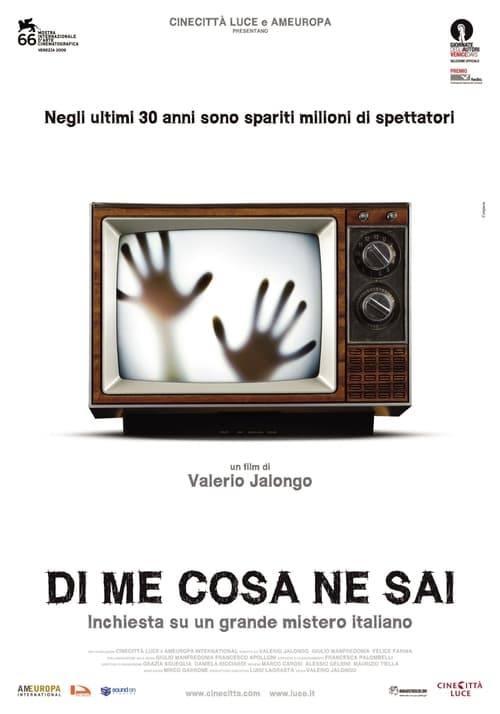
What Do You Know About Me

Overview: Until the 1970s, Italian cinema dominated the international scene, even competing with Hollywood. Then, in just a few years, came its rapid decline, the flight of our greatest producers, a crisis among the best writer-directors, the collapse of production. But what are the true causes and circumstances of this decline? In an attempt to provide an answer to this question, Di Me Cosa Ne Sai strives to depict this great cultural change. Begun as a loving examination of Italian cinema, the film transformed into a docu-drama that alternates between interviews with the great names of the past and fragments of cultural and political life of the last 30 years. It is a travel diary that shows Italy from north to south, through movie theatres; television-addicted kids; Berlusconi and Fellini; shopping centers; TV news editors; stories of impassioned film exhibitors and directors who fight for their films; and interviews with itinerant projectionists and great European directors.
Genres: Documentary
Original Language: it
Release Date: 2009-10-16
Popularity:

